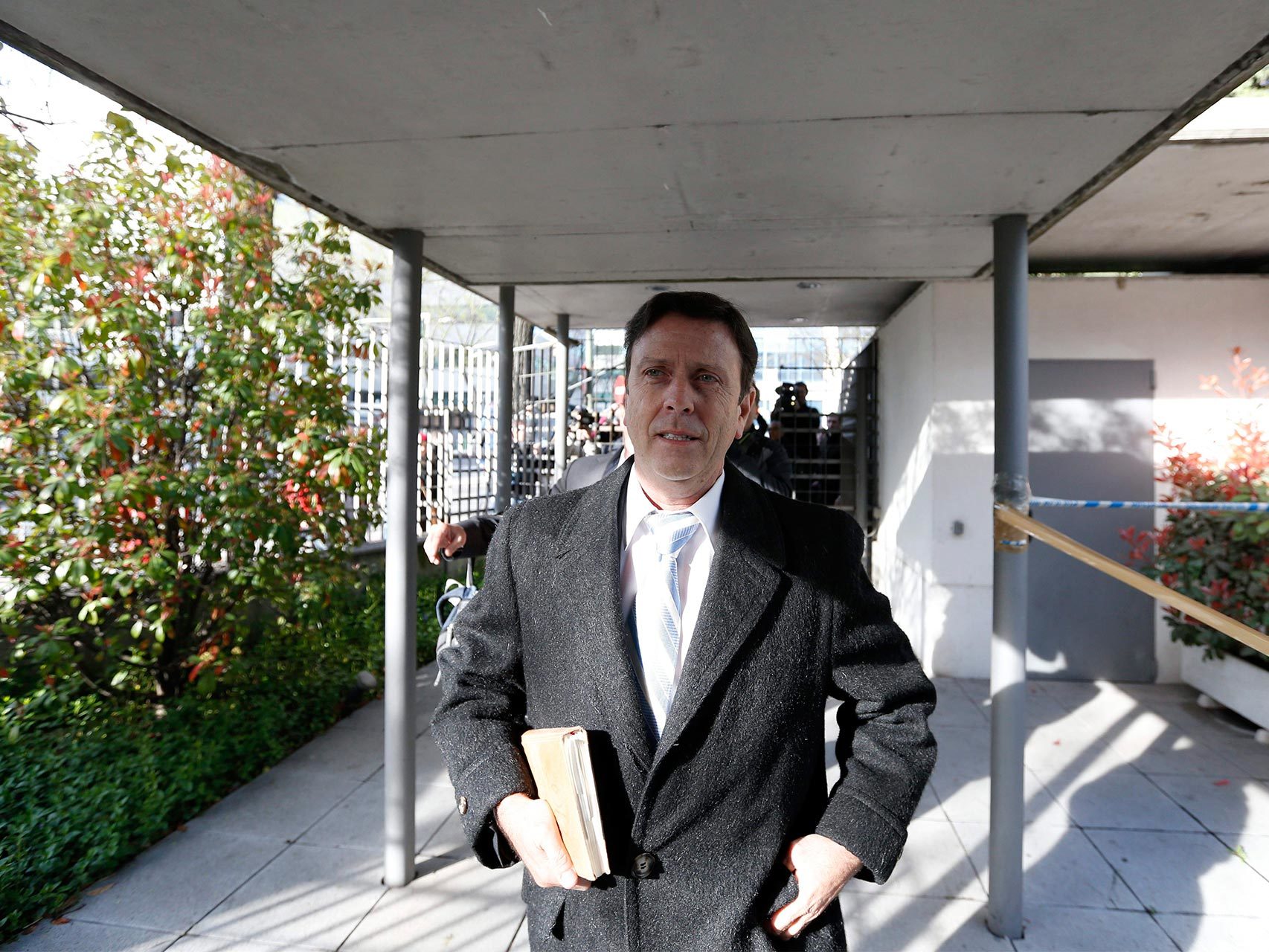WADA and the International Cycling Union have the blood samples containing plasma and red blood cells in their possession, since last Thursday. The samples were seized from Dr. Eufemiano Fuentes in May of 2006. The identities of the athletes who underwent blood transfusions to improve their performance have been found on the back of the samples. Most of those involved in the doping case called Operation Puerto are cyclists, but Fuentes also testified that his clients included athletes in tennis and soccer, as well as track and field.
The biggest anti-doping operation in the world has given place to a long legal process that has been underway for 10 years and which has finally concluded on the 10th of June. A ruling by the Madrid Court of Appeals decided that the bags of blood should be released to the Royal Spanish Cycling Federation (RFEC), the Comitato Olimpico Nazionale Italiano (CONI), The Interantional Cycling Union and the World Anti-Doping Agency. The ruling states that the bags found by the Guardia Civil in two homes being used by Fuentes be turned over to these four entities.
The four entities that have the right to dispose of the samples are the Royal Spanish Cycling Federation (RFEC), the Comitato Olimpico Nazionale Italiano (CONI), The International Cycling Union and the World Anti-Doping Agency. All of these entities have been involved in the accusation of the legal process which after 10 years has absolved all of those involved including Eufemiano Fuentes. The Madrid Court of Appeals granted the doctor’s appeal and annulled his conviction to one year of prison and four years disqualification from medical practice that had been issued by the Penal Courts of Madrid, the first court that judged Operation Puerto in April of 2013.
Why are the samples being turned in
The Madrid Court of Appeals corrected the Penal Court’s ruling which had rejected that the samples taken from Fuentes be turned over in order to issue disciplinary sanctions to those athletes involved.
The Penal Court argued that according to Spanish law, those home raids would have never been authorized because they violate the right to privacy, and affect intimacy and inviolable property rights. In conjunction to these fundamental rights the samples could never be used in a court of law. These raids could only be justified in the case of a serious crime not a minor infringement. Therefore, for the court the bags of blood that were found in the raids could not be used in a legal process.
The Madrid Court of Appeals corrected this criteria and established that the raids should be contemplated as a measure taken by Public Authorities in order to ensure public health.
It is “considered” in this sense that the assignment of the sample to the accusation is “in proportion” to the extent that the means is fighting against doping which goes against the ethical nature of sports.
The decision to take over the samples to the accusation has been strictly adhered to by the Penal Courts Number 21 of Madrid which must execute the final ruling of the Court of Appeals.
Court sources informed El Español that on the 28th of June, just two weeks after the notification of sentencing by the courts a ruling was issued to the anti-doping IMIM lab in Barcelona ordering the turnover of samples, which needed to be of sufficient amount to permit the testing of all contents of the bags. The samples needed to be turned over to the RFEC, CONI, AMA, and UCI.
The Custody Chain
Last Thursday, only two days after legal representatives from the last two parties mentioned traveled to Barcelona to gather the samples. The lab attendants unsealed the containers and defrosted the bags they had been storing since 2006.
The contents of each bag was divided into four parts, identified and inserted into tubes. The tubes were then carried in four briefcases that were sealed in order to preserve the custody chain. The samples which belonged to the UCI and the AMA immediately traveled in an authorized vehicle to an authorized lab in a European country.
Sources have not said where the lab is located but have assured that it is an accredited center authorized by WADA. This organization, unlike UCI has access from several years ago to the biological passports of athletes. For this same reason since last week WADA has been comparing the samples of Eufemiano Fuentes’ clients with the samples they have in their database.
Eufemiano’s Last Attempt
Dr. Fuentes has tried to stop the samples from leaving the lab in Barcelona up to the last minute. In a letter addressed to the Madrid Court of Appeals from his attorney he requested that the sentence be clarified, and that the ruling to turn over the bags must have been a transcription error. Fuentes believes the bags are his property and that since he has been absolved they should be returned to him.
Eufemiano’s defense claims that “the bags were obtained in a patient/doctor situation, in a strictly private manner and that they should remain this way”.
To his belief turning over the bags violates the most fundamental right to privacy, intimacy and confidentiality between a patient and a doctor, and therefore since he was absolved the bags should be returned to him.
“The outcome of turning over the bags will be the public bashing of the donors only to satisfy the sick prying of some parts of society.“
The Madrid Court of Appeals has not replied to the request for clarification and will most likely reject it. In any case, Fuentes has arrived late, because the samples are in the possession of the anti-doping entities.
